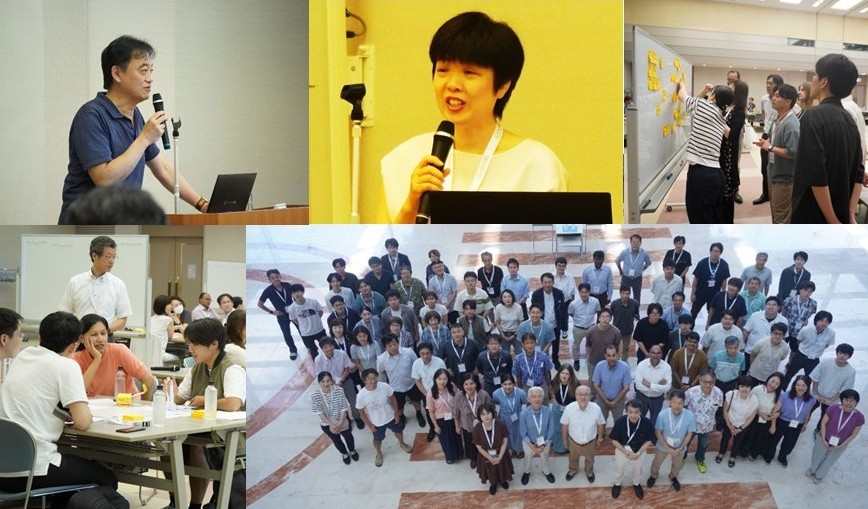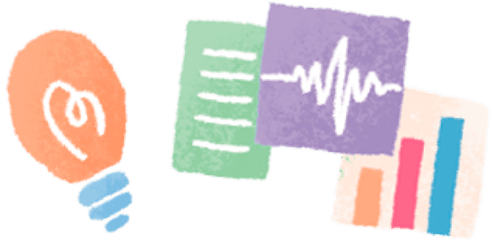The 3rd Retreat Camp Held in Mishima
On August 22-23, we held the third Project CHANGE Retreat Camp at the Toray Comprehensive Training Center in Mishima City, Shizuoka Prefecture. This annual event aims not only to strengthen collaboration among project members—currently 271 individuals from 38 organizations (as of August 2025)—but also to enhance their knowledge and skills. Day 1 featured lectures and workshops on “Learning about Systems Thinking,” while Day 2 focused on “Practical Exercises in Systems Thinking and Design Thinking.”
The retreat camp kicked off with the customary quiz competition as an icebreaker to ease participants' nerves and encourage open discussion. Participants learned that seemingly unrelated historical events—like the eruption of Mount Asama and the French Revolution, or the Crimean War and the arrival of the Black Ships—were actually connected, helping them understand the necessity of a bird's-eye view.
Regarding systems thinking, after learning the fundamentals through a lecture by Professor Seiko Shirasaka, an expert in the field from Keio University's Graduate School of System Design and Management, participants engaged in group work as a practical exercise. The topic was “Japan's Declining Birthrate and Aging Population.” We listed factors (variables) related to this issue and created a “causal loop diagram” connecting multiple variables with arrows showing their causal relationships. Finally, we presented to neighboring groups and exchanged opinions, deepening our understanding.
Day two began with a lecture by Associate Professor Kyoko Yoshioka from the Graduate School of Medicine, The University of Tokyo. She discussed walking disorders, using real-life examples. Causes vary, including aging, accidents, and lifestyle habits. However, walking is essential for daily life, and losing this ability signifies a shortened healthy lifespan.
For the day's group work, we used systems thinking to create a causal loop diagram for “gait disorders.” We then applied the “design thinking” methodology learned at last year's retreat to match this diagram with needs identified from medical, nursing, social, and business perspectives. From the numerous ideas that emerged, each group developed research themes, summarizing necessary tools, technologies, and systems to reduce walking impairment, and presented their findings.
Ultimately, each group's performance was evaluated. The “Team Takatsu Ward,” facilitated by Professor Naoki Yamada of the University of Tokyo, received the “Special Award” for the most original and innovative presentation content. The “Special Award,” given to the group deemed most original and innovative in their presentation, was awarded to “Team Kōku.” The “Excellent Award,” given to the group with the highest overall score, was awarded to “Team Kōku,” facilitated by Mr. Takayoshi Okai, Lab Manager of the iCONM Incubation Project Promotion Office.
In the final comments, advisor Mr. Takayoshi Mimura, former Chairman of Terumo Corporation, remarked, “I believe this was a valuable opportunity to learn systems thinking. Organizing matters holistically from diverse perspectives reveals new insights.” This reaffirmed the importance of viewing things from the “bird's eye,” “bug's eye,” and “fish's eye” viewpoints.
Survey results from participants were overwhelmingly positive, with comments such as:
“Working on a concrete theme deepened my understanding of systems thinking.”
“Digging deep into a single phenomenon revealed how various factors are interconnected and form cycles.”
“I discovered a valuable tool for organizing my thoughts.”
“It was a great opportunity to learn about the thinking of people from other fields.”


